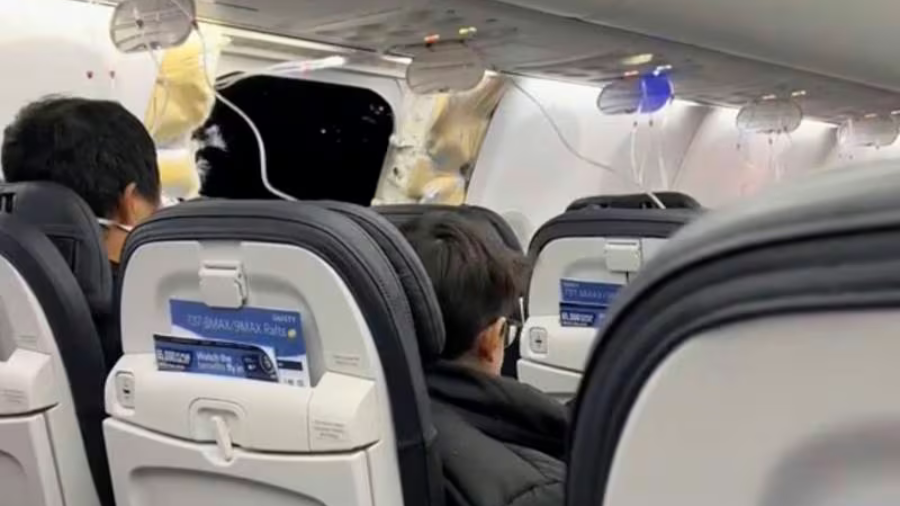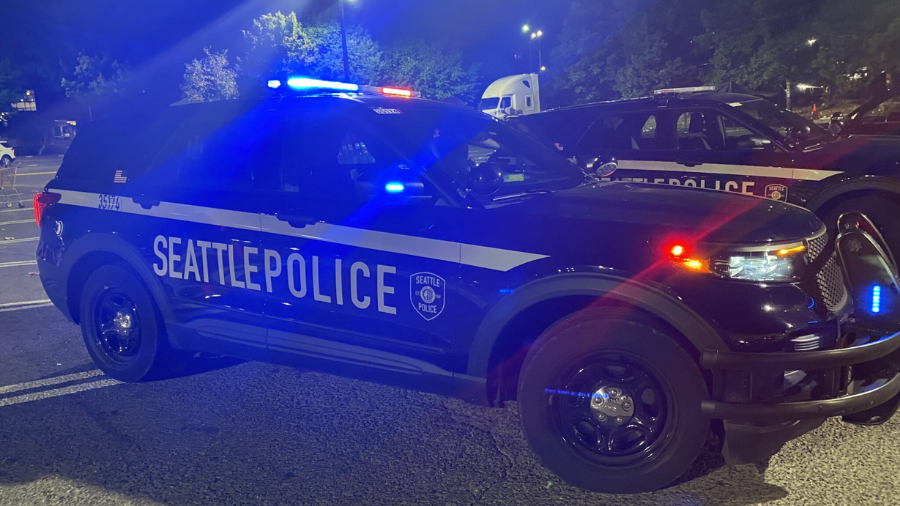Seattle officers outfitted with life-saving drug to help avoid tragedy
Mar 16, 2016, 5:23 AM | Updated: 9:10 am

Penny Legate spoke Tuesday about her daughter's tragic death and the importance of a new grant to the Marah project for the Seattle Police Department. The grant will outfit 60 bicycle officers with Naloxone, a life-saving medication for people overdosing on opiates. (Josh Kerns/KIRO Radio)
(Josh Kerns/KIRO Radio)
Penny Legate should have been celebrating her daughter Marah’s 23rd birthday today.
Instead, the beloved former Seattle TV news anchor and host was standing at a podium at the Seattle Police Department’s West Precinct – telling a story that doesn’t get any less painful over time.
“I’m convinced the most tragic thing a human being can endure is to lose a child. And it was on June 12, 2012, that I lost my daughter Marah Williams to a heroin overdose,” she said.
Related: Youngest heroin addicts get special care in Kent
In the wake of Marah’s death, Penny created the Marah Project, working tirelessly to help other families battling addiction and dealing with heartbreaking tragedy.
On Tuesday, she was joined by Seattle Police Chief Kathleen O’Toole, Fire Chief Harold Scoggins, and others to announce a new grant funded by generous donors to the Marah project for the Seattle Police Department, to outfit 60 bicycle officers with what’s called Naloxone – a medication that can save the lives of people overdosing on heroin or other opiates.
“When administered quickly it will revive a person who is overdosing from opioids. It’s miraculous. It literally snatches them back from the very brink of death,” Legate said.
Chief Kathleen O’Toole says it’s critical for officers who often are first to encounter someone overdosing.
“We’re responding to over 100 overdoses a month,” O’Toole said. “And it’s great to be able to put this tool into the hands of officers so in those precious seconds somebody’s life can be saved, they have the ability to so.”
While other departments around the country have begun deploying the opiate antidote, Seattle will be the first to partner with researchers to study the implementation and then follow up with officers and those they treat alike, to help aid future efforts treating and combatting overdoses.
That research will be overseen by Dr. Caleb Banta-Green at the University of Washington, one of the nation’s preeminent experts on substance abuse treatment and prevention.
“I think the research will do two things,” O’Toole said. “It will help inform the expansion of our program going forward, and we also hope to share the results with other jurisdictions considering this too.”
The pilot project will start with 60 bike cops in the West, North, and East precincts because they are often the first called.
Standing beside an enlarged photo of her daughter, Legate says Marah would have been thrilled her lasting legacy could very well be saving the lives of others suffering from heroin addiction like her – an addiction she battled for a number of years before her untimely death.
“I feel Marah’s presence here today,” Legate said. “I think she’s clapping and cheering. She was always a champion of the underdog. And so I think this is continuing her loving outreach to other people in her life.”















